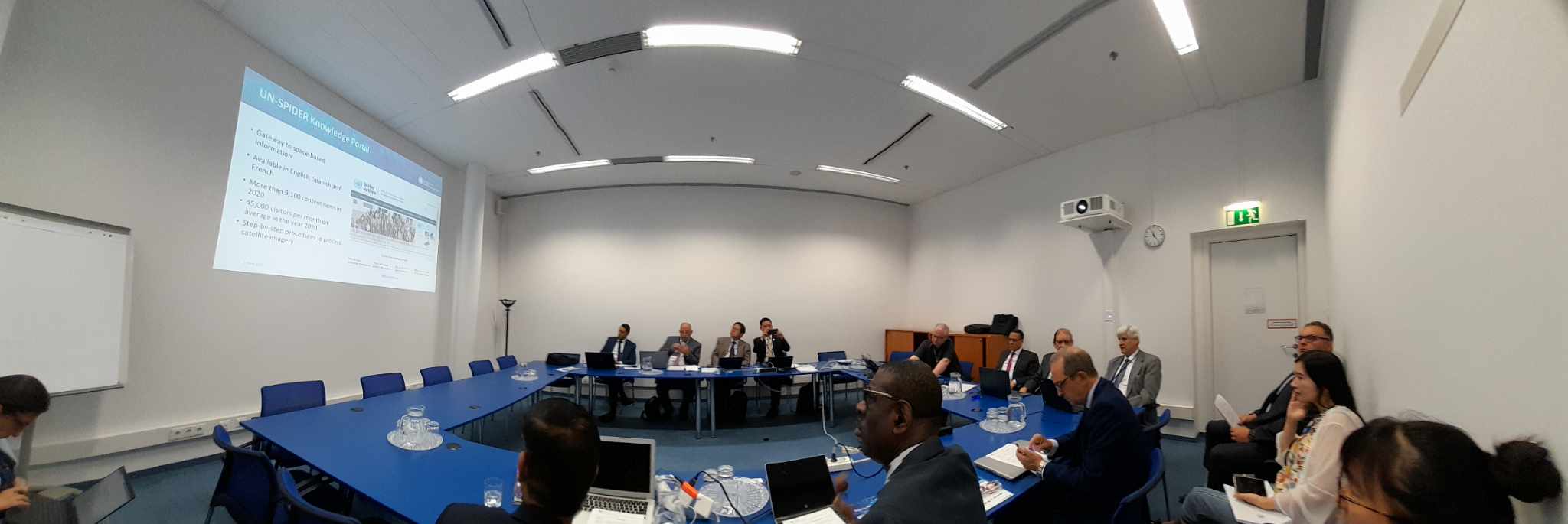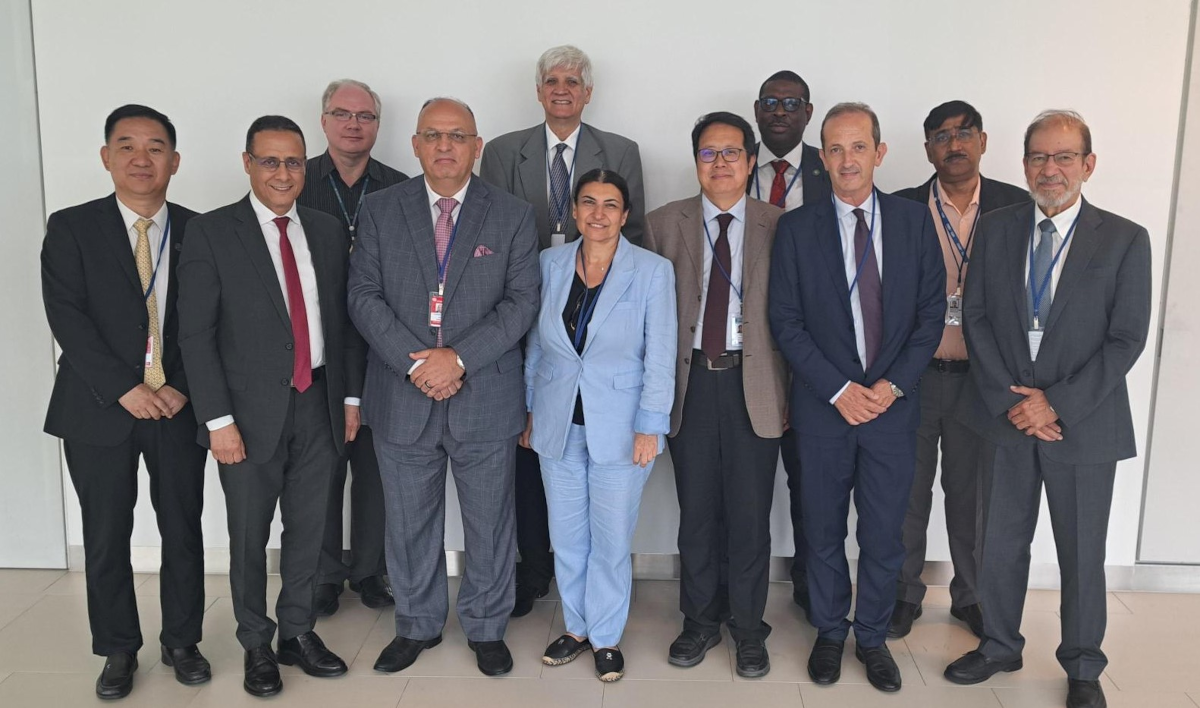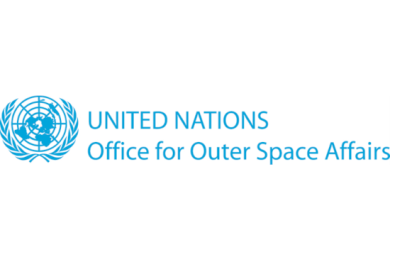During the Sixty-seventh session of the Committee on the Peaceful Uses of Outer Space (COPUOS), a key meeting convened representatives from Regional Centres for Space Science and Technology Education (RCs) and the United Nations Office for Outer Space Affairs (UNOOSA). The meeting started yesterday on 20 June and will continue today. It saw participation from CSSTEAP, ARCSSTE-E, CRASTE-LF, China RC, Jordan RC, and CRECTEALC, with representatives from Mexico and Brazil.
The meeting aimed to evaluate progress and plan future collaborations between UNOOSA and the RCs to address global challenges such as climate change, disasters, food insecurity, water scarcity, public health, urban issues, biodiversity, and environmental degradation. It focused on aligning activities with the new UNOOSA strategy, enhancing cooperation among RCs, and updating educational curricula to reflect contemporary advancements in space technology.
Key highlights included:
- Presentation of UNOOSA's New Leadership Strategy and a discussion on aligning the centres' actions with this strategy.
- Presentation of UNOOSA Programmes, including UNSPIDER, the Space Application Programme, and the International Committee on Global Navigation Satellite Systems (ICG).
- Presentations of Regional Centres' Activities and Programmes and discussions on best practices in space science and technology education.
- Discussions on Updating Curricula for contemporary relevance.
- Strengthening Inter-Centres Cooperation.
UN-SPIDER actively participated, presenting our work on space applications for disaster management and emergency response. The meeting concluded with a group discussion on action items and the way forward, emphasizing the need for continual evolution in space education to meet emerging challenges and opportunities.
This gathering underscored the international space community's commitment to leveraging space science and technology for global betterment through peaceful uses of outer space.



